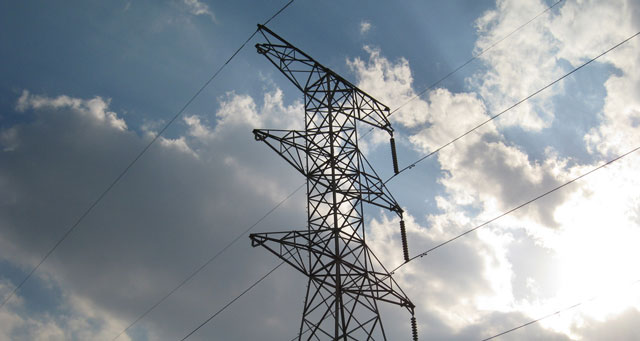
A lack of money and skills and the high cost of coal and diesel continue to plague Eskom, a civil society conference on the country’s electricity crisis heard on Wednesday.
“Finances need to be improved to enable Eskom to carry on with its work. There’s a big skills issue,” Malcolm Simpson, who is part of cabinet’s “war room” set up to ensure the power utility kept the lights on, told delegates in Johannesburg.
The skills problem extended from management level to supervisors in power plants and artisans doing maintenance. The utility was working with home affairs to ensure major contractors could bring in skills from abroad.
The price of coal was an issue and a very large input cost, around R50bn/year.
“There is pressure on the need to stabilise the coal price,” he said.
Efforts to reduce dependence on expensive diesel by replacing it with gas needed co-operation from Transnet to import the gas and store it, as well as from the Central Energy Fund and PetroSA.
He did not provide answers on how Eskom intended to remain financially sustainable, other than saying that efforts were continuing to recover arrears from municipalities.
Eskom’s GM of customer services, Marion Hughes, told the conference that 18 of the 20 municipalities facing power cuts for up to six hours over arrears had avoided this by signing payment agreements with the utility.
The power cuts — three hours in the morning and three in the evening — would have started on Friday, she said. Negotiations with the other two municipalities were continuing.
Independent analyst Chris Yelland told delegates, who included members of metalworkers’ union Numsa, that Eskom needed to raise cash in the open market to sort out its “financial mess”.
“The only option I see is to go to the markets and raise money by selling shares of your company on the stock exchange, or take on private equity partners who have the money. If you don’t your company goes downhill and the country goes down with it.”
He dismissed the finance minister’s plan for dealing with the matter as “not credible”. The utility is struggling to plug a shortfall of R225bn.
Raising electricity prices, borrowing more money, better “internal efficiencies” which would include reducing staff numbers at Eskom and tightening wages, were all not feasible, said Yelland.
Another option was to inject more equity into Eskom. Yelland also rejected this, saying the government would argue it needed to use the money for other social priorities.
He, however, praised the Renewable Energy Independent Power Producer Procurement Programme, which allows for small, private operators to sell their electricity to the grid.
“The reality is that in the same time it took Eskom to build a 100MW wind farm, the private sector produced 1 500MW through wind and solar. Fifty different companies working simultaneously on 50 different projects, and there’s a lot more to come, believe you me.
“We are diversifying away from a single state-owned monopoly into a diversified energy sector.”
Eskom, however, was here to stay.
“The new capacity is going to come from other sources and Eskom is going to be told just get on with the job and deliver Medupi and Kusile.” — News24




